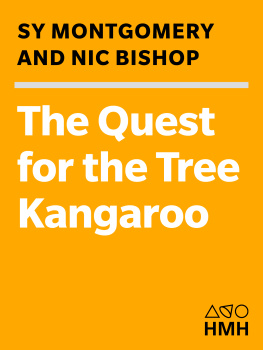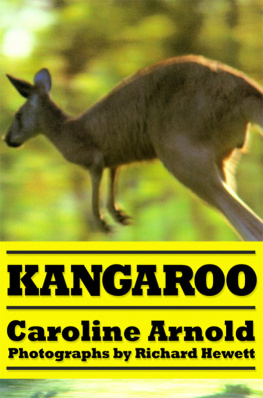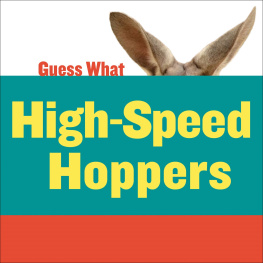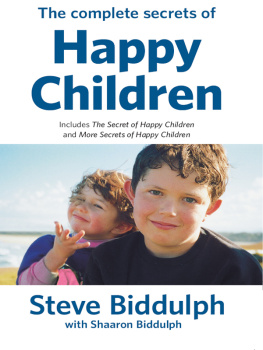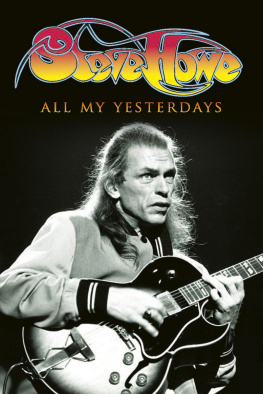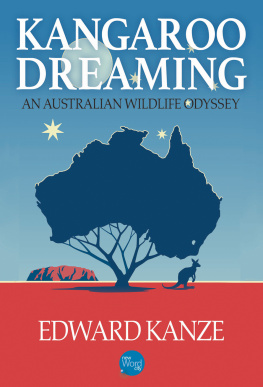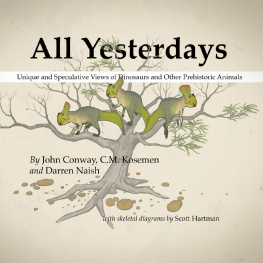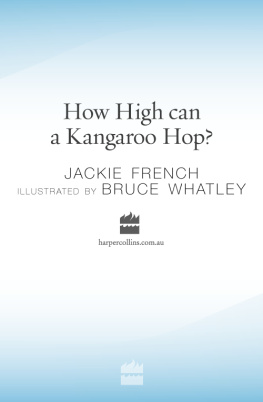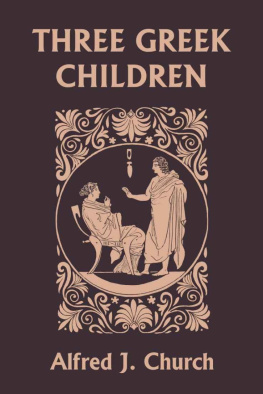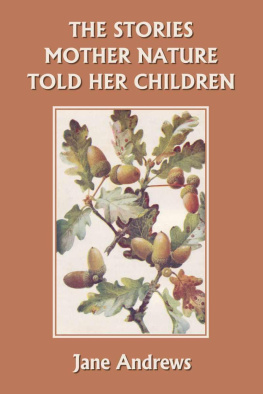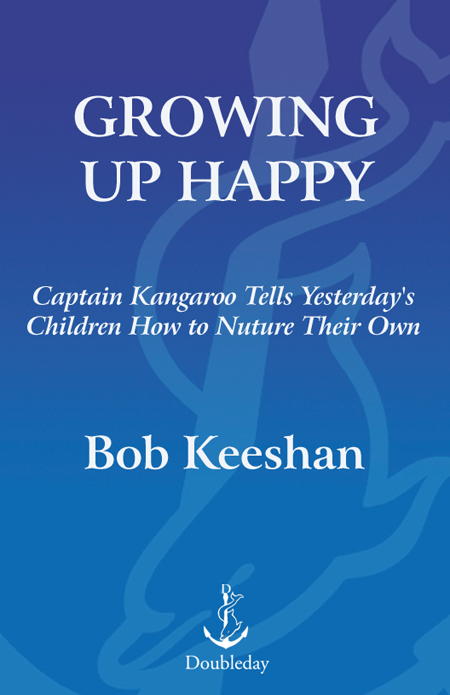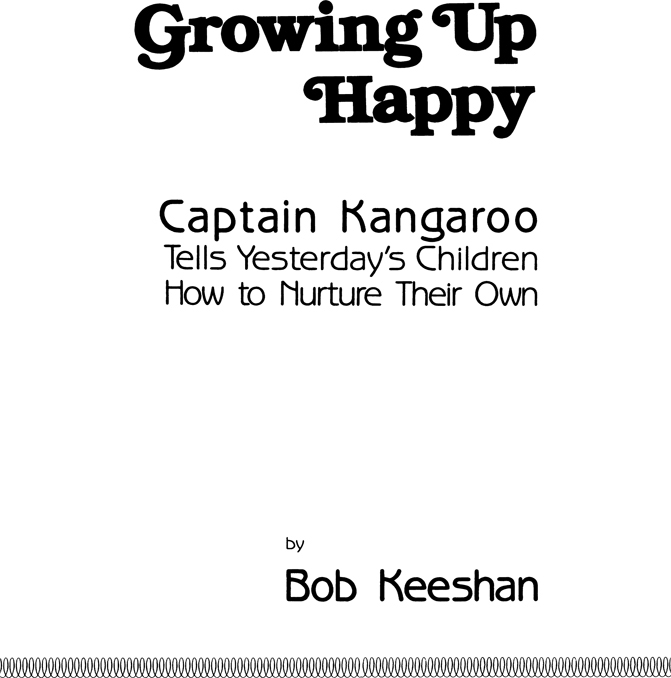Preface
When I am asked how I got started in television, I jokingly reply, Just a bad break! It may not have been all that bad, but it certainly was not planned. How could I plan for a career in an industry that did not exist when I was a boy? I have been in the business for over forty yearstelevision's life spanand I have seen it grow from an infant technology disdained by entertainment and advertising professionals to a medium that entertains, informs, and sells to the world.
Over forty years ago, I created the first Clarabell on The Howdy Doody Showa lovable clown who, along with Howdy, has since become a television icon. I was a young twenty years of age when Clarabell was born, and I had not thought much about television, children or television's possible and potential effects on young people. Then I became a parent and my perspective changed. Shortly afterwards, I went from performing as a rollicking clown to developing my own children's programming, culminating in the creation of Captain Kangaroo, a program designed to meet the emotional and educational needs of children while attending to the serious business of entertaining them.
Many of the people I meet on my extensive travels around the nation have traveled these forty years with me; mine has been a public journey. Now those people have children and grandchildren, too, who are still watching the Captain, and I have three children and six grandchildren of my own. Amazing! More than three generations of Americans have been touched by Captain Kangaroo.
This book is about my life and my development as a person, a television producer/entertainer, and as an advocate for children. I am still changing and expect to continue to change, and my enthusiasm for the world and all its wonder, especially those young wonders, children, has not diminished over the years.
Much has happened to me in studios and in executive suites so your curiosity about the strange world of television should be satisfied in my recounting of these events. But I have also learned a few things about the difficulties and the joys of raising children in this modern age. If you are now embarking on starting a family and if you have just discovered or rediscovered the Captain on television, I know you will find plenty of useful material in this book. And I hope you will be inspired to use my experiences to augment your parent power in the shaping of a precious life.
If you are an adult with no daily responsibility for children, but who cares about the future, this book will impress you with the need for all of us to help with the successful nurturing of children. When a parent fails in raising a child, everyone pays a very high economic and social cost. Today, we must all be parents to all children. May this book convince you of that need and demonstrate how you can help nurture America's children.
Chapter 1
A Mother's Smile
W hen I was a boy, my mother and I would make eye contact, and she would give me a smile that would make my day. Her eyes and her smile would say, I love you, you're terrific. She was the center of my universe, and, like most children, I thought I had the most wonderful mother in the world. I adored her.
Slim and beautiful as a young girl, Margaret Frances Conroy had married my father against her parents' wishes on May 17, 1916, the day after she turned eighteen. Her parents, Irish immigrants, disapproved of her intended because he had only arrived from Ireland as recently as 1905. I suppose that, according to the strange mores of the immigrant community, they thought he was not American enough and therefore showed little promise. They were wrong.
Margaret and Joseph became serious, as my father shyly described their courtship to me many years later, soon after Margaret had wandered into the grocery store on Manhattan's Amsterdam Avenue where he worked as a clerk. Was it an errand for a loaf of bread, a bottle of milk, a pound of potatoes that led to romance? In an act of defiance uncommon in that era, Margaret Conroy followed her heart into matrimony as soon as she reached the legal age.
Without the support of her family and with most of his family still on the other side in Ireland, the newlyweds set up house, first in Manhattan, and then later, as my father became more successful, in Lynbrook, New York, then a sparsely settled Long Island suburb of New York City. As was the custom in those days, my father worked from dawn to dusk providing for his family, while my mother stayed home, rearing the children and tending to the house. They both worked extremely hard. It never occurred to them to do otherwise.
By the time I entered the world on June 27, 1927, my parents had two boysJack, born in 1917, and Bill, born in 1920. For a short while, until my sister Catherine joined us in 1930, I was the family baby. My two brothers were out at school during the day, while I stayed home with my mother. Like most toddlers, I felt my mother was devoted only to me. This is a common illusion, of course, and with growth I came to understand that she had been equally devoted to all her children.


